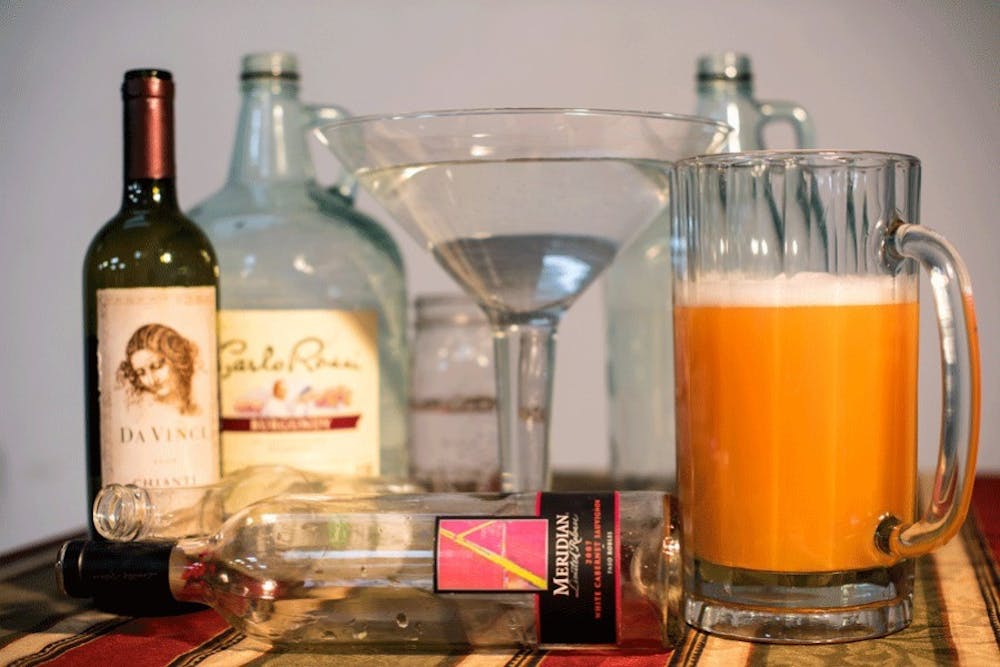By Laura Fitzgerald, For The Miami Student
The alcohol task force, named last fall by President David Hodge, has been hard at work collecting data in order to understand students' high-risk alcohol consumption.
The task force's first step was to meet with multiple Miami University organizations and the Oxford community, including the Greek Tricouncil, the Oxford Chamber of Commerce, the Oxford City Council, the Oxford Liquor Permit Holders, the Parents Council and the Redhawk Council for student athletes, among others.
They discussed the issues surrounding alcohol in the Oxford community, Director of Student Wellness and chair of the task force, Rebecca Baudry, said.
"[Solving the problem] starts by building the bridge between the university and the community," she said.
The task force also gained insight from outside consultation with Thomas Workman, Principal Communication Researcher and Evaluator in the Health & Social Development Program at the American Institutes for Research.
The study focused mostly on high-risk drinkers, or anyone whose drinking habits put themselves or others' safety at risk, Baudry said.
The consultation, she said, yielded three main points: Miami needs to maintain a supportive environment for low-risk drinkers, data concerning alcohol needs to be transparent and readily accessible and there has to be intervention and treatment for heavy episodic drinkers.
However, students remain skeptical about the impact the task force will have.
"I don't think it works because nobody cares, and people look at the statistics and they don't think it could happen to them," first-year Mattie Carter said.
Some students say the presence of alcohol has changed their original perceptions of it since arriving at Miami.
"I never thought [drinking] would be this prominent," first-year Lindsey Detamore said.
Enjoy what you're reading?
Signup for our newsletter
Detamore said she believes high-risk alcohol consumption can be curbed in other ways, with stricter punishments and policing measures.
The task force also looked at national data and analyzed how it compares to Miami.
"Our students engaged in more high-risk behaviors than students do nationally," Baudry said.
However, Miami is not alone in the fight against high-risk alcohol consumption. The task force looked at what other schools have done to create safe environments for student drinking, Baudry said.
The task force will release its data in a report mid-month that will go to President Hodge and all communities involved in the focus groups. The organizations will then decide how to move forward with the provided data.
"Ultimately, the long term goal is to make Miami and Oxford a safer environment so students can make smart decisions about their behavior," Baudry said.




